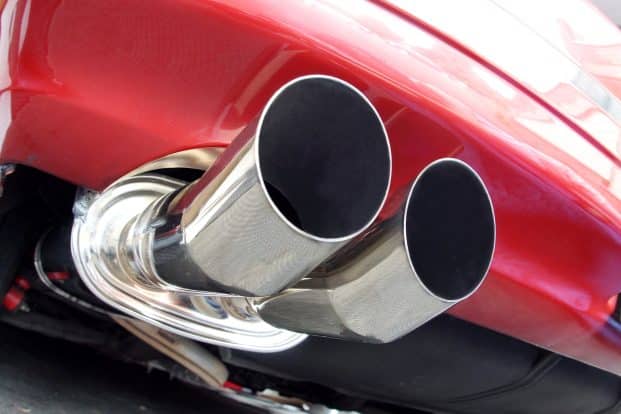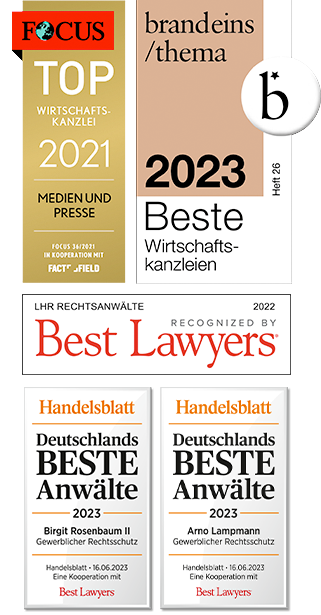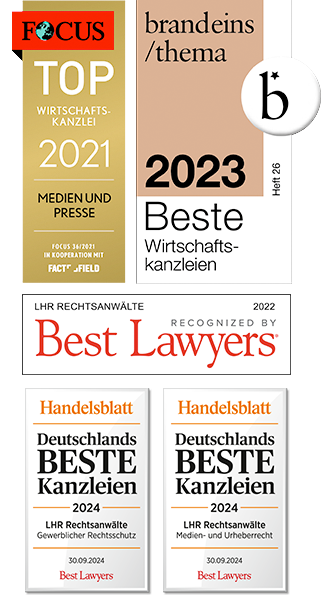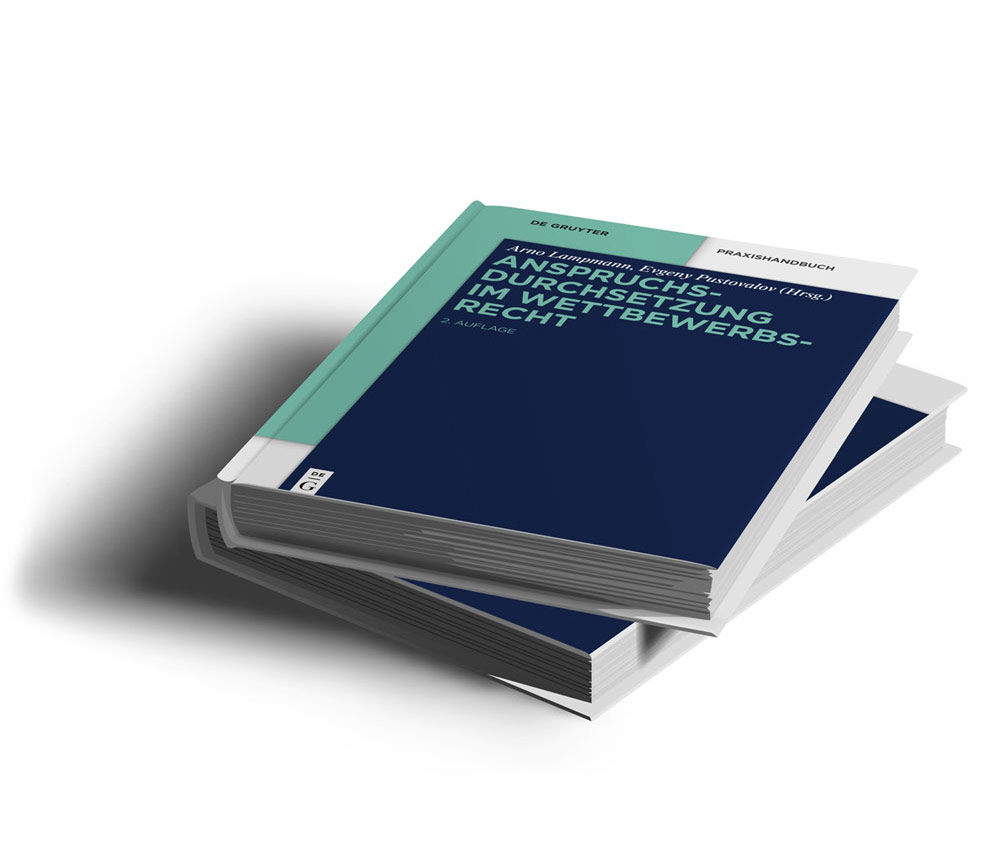Unobjective comparative advertising in Instagram story: LHR obtains temporary injunction

Social media channels such as Facebook, Twitter and Instgram have been used commercially for some time by posting articles on company profiles for advertising purposes. These posts are subject to the same competition law conditions as “regular” advertising campaigns in traditional media. This means that they can also be unfair.
Instagram account with polemical comparative advertising
A particularly brazen case recently landed before the Düsseldorf Regional Court. It concerned exhaust systems for motor vehicles. In a so-called “Instagram story” on its Instagram account, a company had used labeled photos in a polemical manner to call for exhaust systems from the company represented by LHR to be removed and its own components to be installed. In the company’s opinion, this publication constituted unlawful comparative advertising (§ 6 Abs. 1, 2 Nr. 2 UWG). LHR issued a warning to the company on behalf of the company.
Warning letter “irrelevant”?
The company reacted even more brazenly to the warning: it denied any responsibility. The Instagram account was outside its area of responsibility and the image could not be found there anyway. The warned company considered the matter to be settled.
Düsseldorf Regional Court: Anti-competitive “24-hour story”
But it wasn’t. For one thing, the “disappearance” of the image was merely an expression of the logic of a 24-hour story, and for another, the claim that the channel did not belong to the company was not true. LHR therefore applied for an injunction on behalf of the company to stop this anti-competitive behavior. The Düsseldorf Regional Court granted the application in full, prohibited the short-term online advertising and imposed a fine of up to EUR 250,000 or imprisonment for up to six months for any infringement (LG Düsseldorf, Beschluss vom 11.5.2023, Az. 38 O 114/23, nicht rechtskräftig, in der Zustellung).
And the moral of the story?
The case shows two things: firstly, how important it is to preserve evidence of online contributions. Secondly, and most importantly, it can be worthwhile to take action against unfair methods used by competitors. The preliminary injunction procedure offers the possibility of a quick judicial resolution of the matter.











